With experts across the WILDLABS community working with every type of technology and in every imaginable environment, our platform is a great place to find advice and resources on choosing what tools are right for your conservation project. Whether you're in the market to try a new camera trap model, want to experiment with drones for the first time, or need help weighing the pros and cons of data management tools, there's someone in the WILDLABS community who can help you make a smart and informed choice!
The Community Base is our general gathering group. It's the place where we cover more general, big picture topics in conservation technology - ones that don't fit neatly into our other groups. If you don't know where to post something, just post it in this group. Our moderators will move it if needed!
At our Community Base, you'll find updates from the WILDLABS team on upcoming events and opportunities, and have the chance to shape our programs and platform with your opinions. And most importantly, the Community Base is also home to our Welcome to WILDLABS thread, the best place to introduce yourself to us and the community. Stop by and tell us what you're working on!
Whether you're new to WILDLABS and want to know where to begin, or you're a longtime member looking for a handy bank of resources, our Getting Started on WILDLABS thread will be your one-stop guide to getting the most out of our platform.
Want to find out more about WILDLABS? Check out our recent community call:
Header image: Ana Verahrami/Elephant Listening Project
Group curators
- @StephODonnell
- | She / Her
WILDLABS
I'm the Community Manager at WILDLABS



- 152 Resources
- 657 Discussions
- 30 Groups
- @TaliaSpeaker
- | She/her
WILDLABS & World Wide Fund for Nature/ World Wildlife Fund (WWF)
I'm the WILDLABS Research Specialist at WWF-US

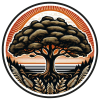

- 12 Resources
- 54 Discussions
- 24 Groups
- @EllieW
- | She/Her



- 64 Resources
- 124 Discussions
- 14 Groups
May 2024
event
June 2024
event
October 2024
November 2023
event
October 2023
event
September 2023
event
event
Day Two of the #Tech4Wildlife Photo Challenge
25 July 2023 10:01pm
Soliciting first Executive Director of MD4SG/EAAMO
25 July 2023 2:48pm
Interested in being part of the Enduata Emaa CBO's Green Planet Ambassadors Project in Amboseli?
5 July 2023 10:28am
Day One of the 2023 #Tech4Wildlife Photo Challenge
25 July 2023 12:30am
2022 #Tech4Wildlife Recap: From the Deep Seas to the Skies
23 July 2023 10:00am
Want to learn how to report on #ClimateChange? Here's a Free BBC Media Action Course
21 July 2023 11:46am
Nature Tech Competition
21 July 2023 10:29am
PLANETech World 2023
2021 #Tech4Wildlife Recap: Birds, Big Cats, Bears, and Biologging
20 July 2023 4:54pm
2020 #Tech4Wildlife Recap: Big Tracking Efforts on Land and Sea
20 July 2023 4:41pm
2019 #Tech4Wildlife Recap: Machine Learning Climbs the Ranks
20 July 2023 4:29pm
2018 #Tech4Wildlife Recap: Showcasing Stunning Whales and Bespoke Hardware
19 July 2023 7:28pm
ICCB early bird registration extended - join our WILDLABS workshop on movement ecology innovation!
9 May 2023 11:56pm
10 May 2023 12:01pm
Me!! Can't wait!
2 June 2023 3:43pm
ooooh! Not sure when I'll be getting to Kigali still, but definitely interested in at least the networking event! Might be a last minute addition to the workshop if I get down early enough.
18 July 2023 5:57pm
Hi everyone!
Quick coordinating update - whatsapp group!
We can't wait to see you at ICCB in just a few days. We have a whatsapp chat with wildlabs folks attending - dm me or email if you want an invite! We'll use it to keep track of what everyone is doing, good talks and various networking lunches and events through the week.
Steph
2017 #Tech4Wildlife Recap: Biologging and Bioacoustics Evolve
18 July 2023 5:48pm
2016 #Tech4Wildlife Recap: Robot Cheetah and Film Camera Trap Launched Our First Photo Challenge
17 July 2023 11:49pm
Need for statisticians in conservation?
6 July 2023 8:23pm
12 July 2023 2:59pm
Hi Lev,
We always need more hands in conservation, from whichever field! Engineering, computer science, AI/ML, ecology, environmental science, communications, statisticians, etc.
I would say that conservation tech is moving heavily towards deep learning for data processing/analysis just because of the sheer amount of data being generated now, so it's always helpful if you have experience in that. But we still need ecological modeling (species distribution models, occupancy models, accumulation curves, etc.) to translate processed data into actionable conservation insights! So experience here too is a plus.
If you'd like to get a better idea of the diversity of programs, people, and orgs in conservation tech as you navigate your journey, the Conservation Tech Directory may also be a helpful resource for you.
All the best,
Carly
Deadline Today: Project Manager (Remote)
7 July 2023 8:49pm
2023 Canon Oceania Grants - Environmental Grant AU$5,000
7 July 2023 1:47pm
Join the #Tech4Wildlife Photo Challenge: July 24th-28th
7 July 2023 12:17am
Africa Climate Week (ACW) 2023
6 July 2023 11:25am
Africa Climate Summit 2023
6 July 2023 10:37am
Sustained Effort: Trending Toward Sustainability
 Fran Baker
Fran Baker
5 July 2023 10:00am
WILDLABS is on Instagram!
1 July 2023 12:11am
Senior Wind Engineering Manager: CrossBoundary Energy
27 June 2023 1:10pm
Techonomy 23: The AI Dilemma
27 June 2023 12:19pm
Techonomy Climate NYC: Solutions that Scale
27 June 2023 11:49am
Sustained Effort: The Environmentalist’s Dilemma
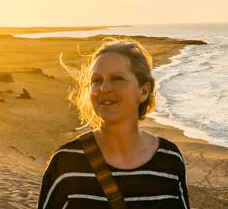 Jacinta Plucinski
Jacinta Plucinski
21 June 2023 9:00am
The Wildlife Society Conference
19 June 2023 5:59am
WILDLABS Project Manager
16 June 2023 10:18pm


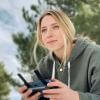


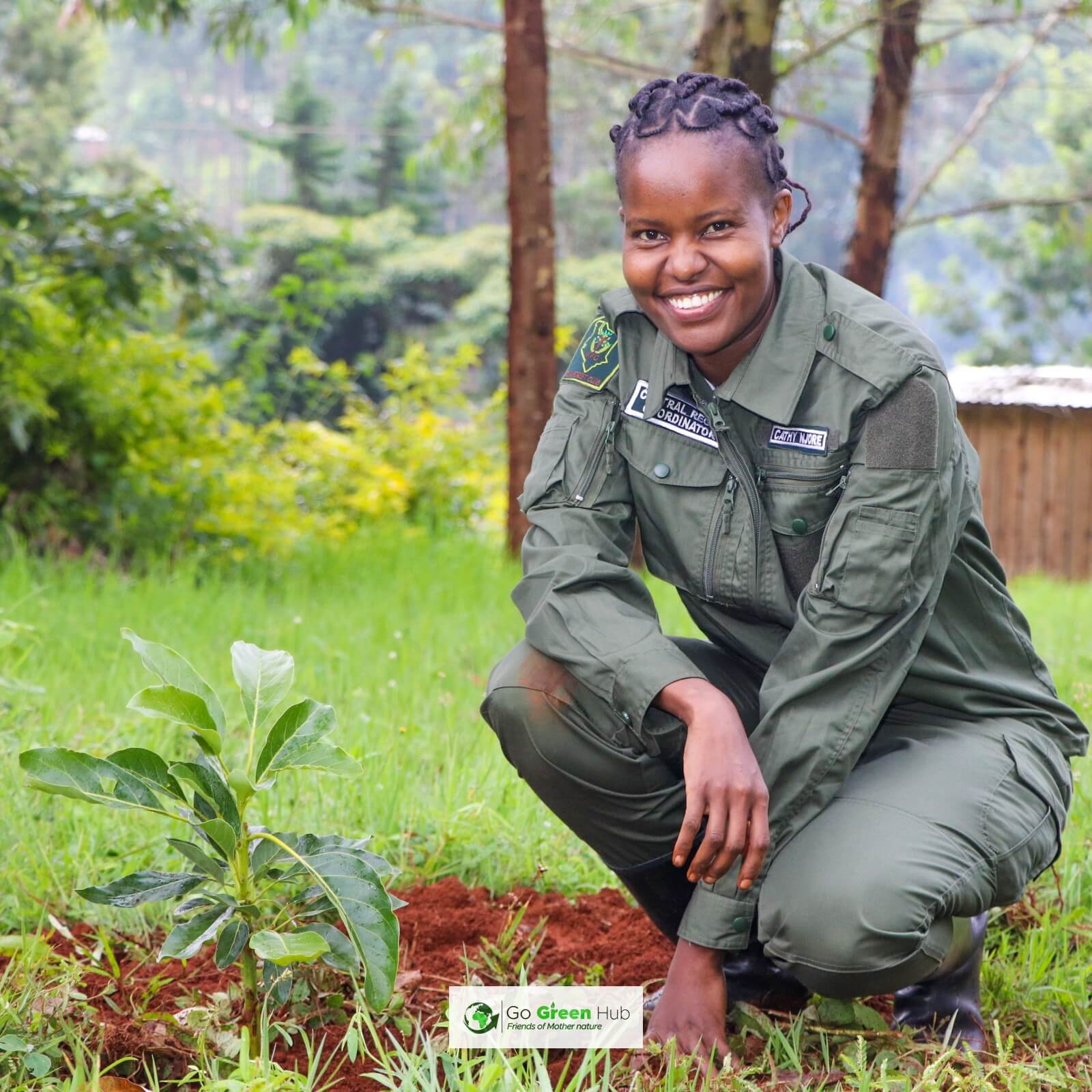

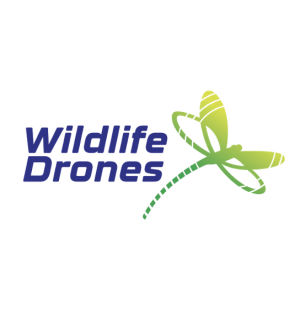










25 July 2023 1:14pm
@richardturere Hello :) and a warm welcome to WILDLABS! Here is the link to @Lekato Samuel Lekato - Founder and Chairman, Enduata Emaa CBO. Sam is interested in conservation technology focused on how to keep wild animals away from community homesteads in Amboseli and I reckon your Lion Lights could help. I'll let you two take on the conversation from here. Thanks!